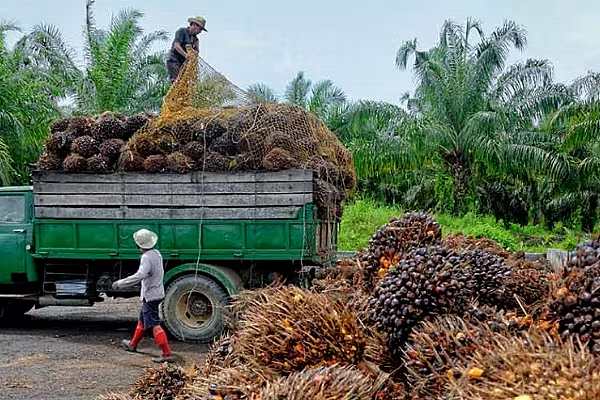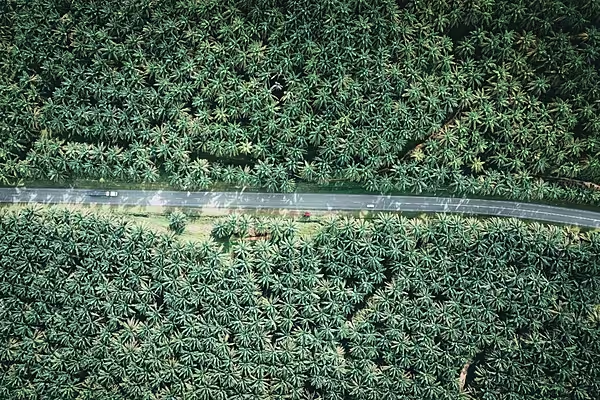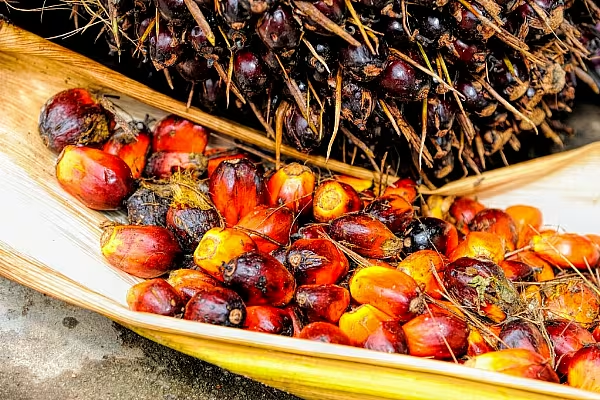Indonesia on Tuesday issued new regulations on palm oil export taxes, detailing the recently announced levy rate cut to accelerate shipments that have been slow to rebound after the ending of an export ban.
But the levy rate will be raised in August, according to the finance ministry regulations, sparking concerns from an industry group.
The world's biggest palm oil exporter allowed palm shipments to resume from 23 May following a three-week ban designed to boost cooking oil stocks and keep runaway local prices in check.
Authorities have since launched an export acceleration programme and tweaked tax rules after shipments were slow to restart amid confusion over procedural issues.
Details of Tuesday's regulations were in line with previous announcements, including lowering the maximum levy rate for crude palm oil to $200 a tonne from $375, effective until 31 July.
Levy And Export Tax
Indonesian exporters pay a levy and an export tax on shipments and the government last week announced a hike in the maximum export tax to $288 per tonne.
Overall, the combined ceiling for both levy and tax would be reduced to $488 per tonne from $575 per tonne.
The new rates apply to sales that are tied to the domestic distribution of cooking oil. The trade ministry recently bumped up the allocation for such exports to 2.25 million tonnes, from about 1 million previously.
As of Tuesday, the ministry has issued export permits for 566,614 tonnes of crude palm oil and its derivatives under this scheme.
Separately, companies are currently allowed to sell stocks built up during the export ban without having to join a domestic cooking oil programme. But they will have to pay a higher export tax of a maximum $488 per tonne for crude palm oil, bringing the combined levy and tax to $688 a tonne.
Read More: Palm Oil Analyst Mistry Urges Indonesia To Resume Exports Immediately
Export Permits
Indonesia had approved export permits as of Monday for 1.16 million tonnes of palm oil products under the programme, which expires on 31 July.
The export acceleration programme has helped companies to empty their storage tanks, Eddy Martono, secretary general of industry group GAPKI told Reuters.
But he said to avoid hurting farmers, the government should assess the international palm oil price and domestic FFB prices before imposing a hike in export levy rates beginning 1 August "so we can avoid a case when the price goes down and the levy is raised."
The Indonesian Oil Palm Farmers Union appreciated the levy cut, but complained that palm fresh fruit bunches (FFB) prices remain weak and refiners were still limiting purchases due to near-full storage tanks, said Sabarudin, a union official.
News by Reuters, edited by ESM – your source for the latest supply chain news. Click subscribe to sign up to ESM: European Supermarket Magazine.














